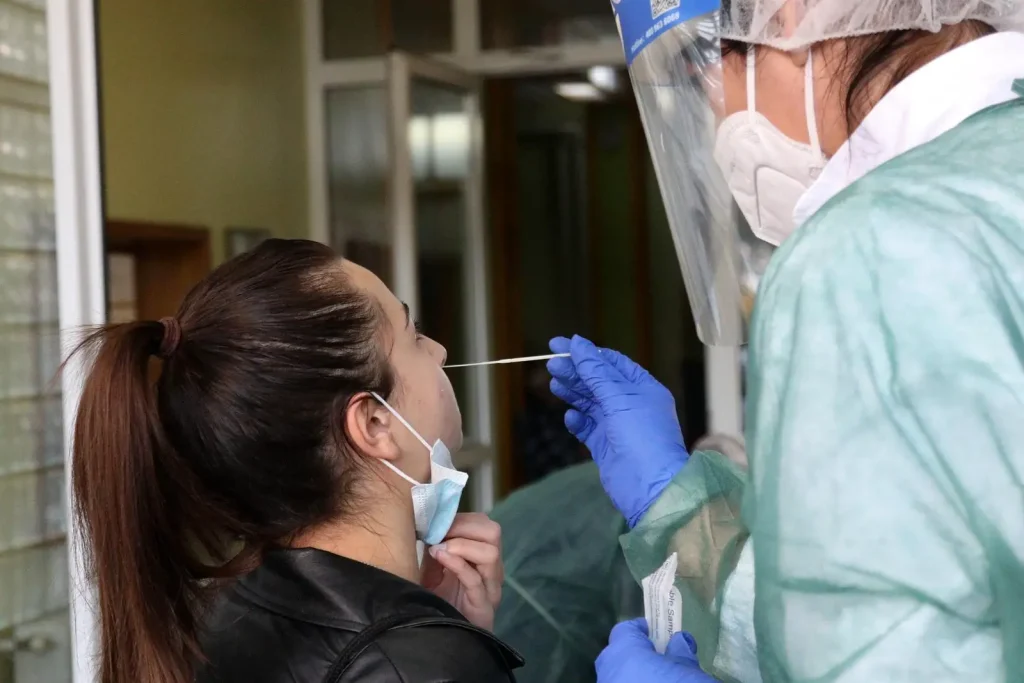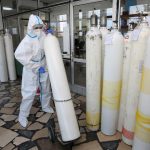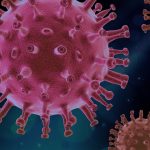“A testing variant will be introduced for all who need to be tested. So, those who have covid-certificates will show certificates and will not need to be tested,” the minister said.
The mechanism and method of testing are currently being agreed upon, and there are three options on the table, said Fuchs, testing teachers in authorized institutions, such as laboratories, testing in schools, and the possibility of self-testing, reports Index.hr.
“We will know by Friday, after taking into account all the pros and cons in terms of the possible and most effective. We will define and write this in the decision, as well as the decision to act and test in health facilities,” Fuchs told reporters on the eve of the sessions of the National Council for Monitoring the Implementation of the Anti-Corruption Strategy.
It’s about 120,000 people
He noted that this is a total of 120,000 people, when kindergartens, primary and secondary schools, and the higher education system are taken into account, and in the primary and secondary education system itself there are slightly less than 60,000 employees.
“If 45 percent of them are unvaccinated, and I don’t know exactly how many got over it, then we’re talking about testing about 30,000 people. That’s not so little”, he noted.
It must be taken into account, he added, that testing teachers should be done every two days, but also that it should be done before the teacher enters the classroom and starts teaching.
“It’s not quite simple, but we intend to write it all down in the instructions so that there aren’t too many problems,” Fuchs pointed out.
He also said that testing of children is not being considered at the moment, but that it will be considered if necessary.
“Teachers are certainly responsible people,” he pointed out. “I don’t think they’ll just go by the ‘I really care about my students and my kids’ system. I believe most of them will, if necessary, conduct rapid antigen tests,” he added.
Boras: The University will respect the decisions of the Headquarters
Rector of the University of Zagreb Damir Boras pointed out that the University cooperates well with the Civil Protection Headquarters and that it will “always strictly adhere to things concerning COVID”, noting that the University can make an autonomous decision on the introduction of covid certificates.
The university has its own headquarters which is currently sitting and considering the possibility of introducing covid-certificates. “In any case, we must protect ourselves and we will respect the decisions of the Headquarters. So, there will either be covid-certificates, or vaccination certificates or prescribed testing,” the rector said.
“My personal opinion is that everyone should be vaccinated. Of course, I accept that there is a right of people not to be vaccinated, but some categories of employees, professionals, no longer have that right. I would say, for example, that medical professionals made their decision when they started practicing medicine and since then they have to respect the profession, “Boras told reporters.
Asked whether the University will give a stronger recommendation than before, Boras replied that the University has already given a strong recommendation, and it is to respect the decisions of the State Staff, which, he reiterated, communicates excellently and daily with members of the University Staff. The university was founded before the state “.
For all you need to know about coronavirus specific to Croatia, make sure to bookmark our dedicated COVID-19 section and select your preferred language.
For more on politics, follow TCN’s dedicated page.











